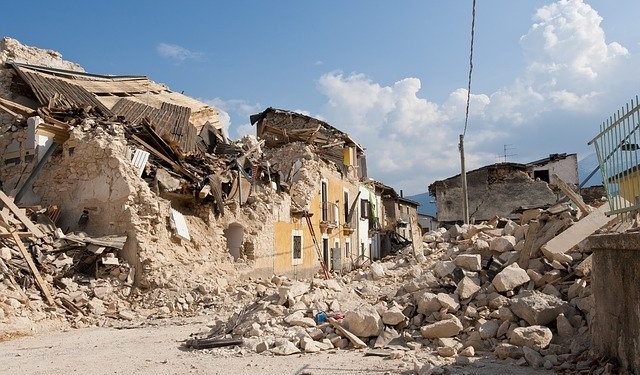15 Groundbreaking Earthquake Facts show how earthquakes have changed the face of construction and living. It shows how mankind has become more aware of its environment. This new awareness has led to new inventions and ways of living. However, all these inventions could not have been possible without the ground under our feet; stable and firm foundation. Earthquakes happen due to the shifting of the earth’s crust.
A Tsunami can destroy buildings and cause extensive damage to infrastructure, homes, and even death and injuries. A tsunami can cause huge damage to homes, offices, businesses, and other buildings when it hits the ground. Here are some groundbreaking questions that you need to ask yourself before construction starts on your house or commercial building.
What materials will be used for the structure? There is a vast variety of different kinds of materials used in the construction of homes and office buildings. Some of the most commonly used materials include bricks, concrete blocks, stones, wood, steel, aluminum, and concrete. You must know the exact composition of the building material that you will use before you start using it.
How will the buildings be supported? The building’s structure must be very sturdy and strong. It must also be able to withstand any kind of natural calamities that can be caused. For example, buildings must be strong enough to hold the weight of the people who will be living or working inside.
How will the electrical system be installed? Most of the electrical systems used now are made with components that are resistant to earthquakes and other natural disasters. A Tsunami may cause damage to the power lines, therefore, you must make sure that your power lines are properly grounded to prevent any danger of a surge of electricity due to a broken line.
How will the building materials be laid out? Before starting the construction process, the groundbreaking engineers should have an accurate plan on how the different parts of the building will be connected with each other. The connection of the building materials is called screw fixing. It is one of the most important parts of the ground-breaking process.
How will people live during an earthquake? During disasters like earthquakes, it is important to know how to protect yourself and your family. One way to do that is by staying indoors. Most buildings should have strong doors and windows to keep people out of harm’s way. It is highly recommended that you follow the instructions given by the building contractors as they may also provide guidelines about how to stay safe during disasters. Moreover, evacuation drills are a must to prepare for disasters.
Can the earth be controlled? Although science has yet to find an answer to this question, most scientists believe that it is possible to make changes in the climate and the weather. If this happens, it can seriously affect the safety of humans living on earth. Therefore, the building should be designed and built to be earthquake resistant. This way, people living in the area would not worry much about natural disasters. In addition, there should be warning signs posted in areas that have been recently struck by an earthquake.
Are animals immortal? People believe that animals are immortal. Some go as far as saying that they will never die because they are part of the earth. According to some experts, however, people are mortal. They are made up of flesh and blood and their bodies will eventually rot from the soil. Because of this, people need to respect animals as they exist on the earth.
How will technology improve our lives? Scientists say that the knowledge of man and his capabilities have increased over the years. Hence, building and science must be integrated to make people’s lives better and safer. They must be able to communicate well with each other in order to live in a harmonious community. Furthermore, there must be public funds available to help those in need during calamities such as floods or earthquakes.
These 15 groundbreaking earthquake facts have been proven through scientific studies. They are accepted by governments, scientific institutions, and the general public. In order for people to live in a safe and happy environment, these must be applied. As for those who are living in areas prone to natural disasters, it is best to stay as safe as possible.






























